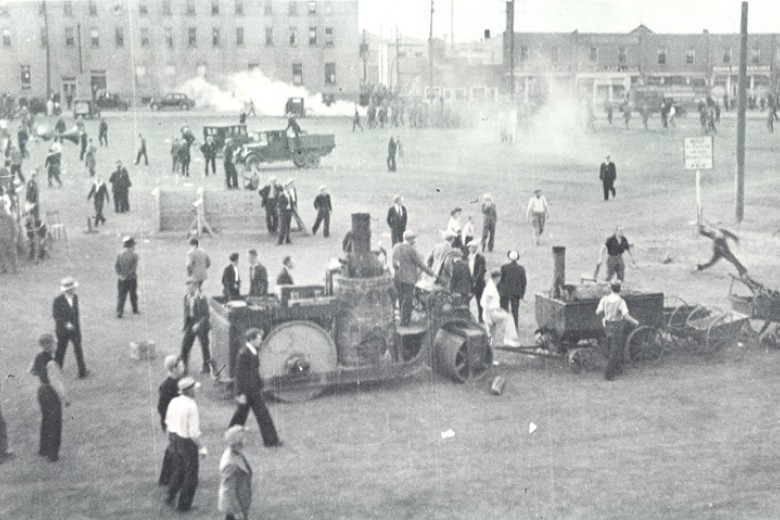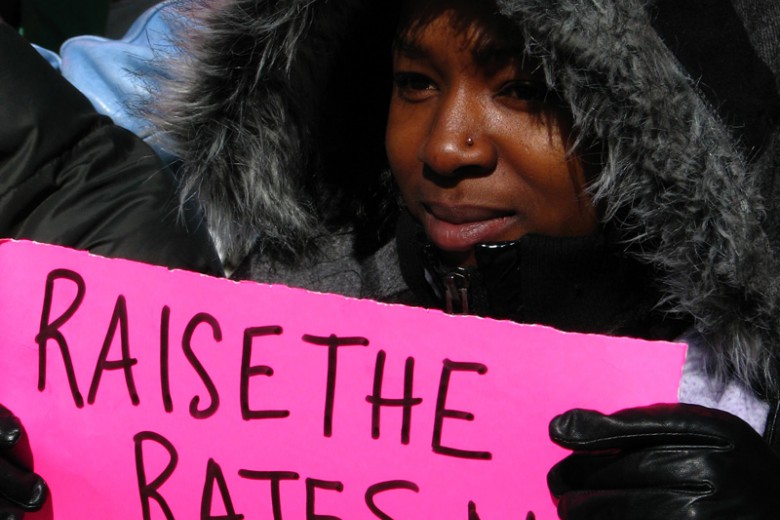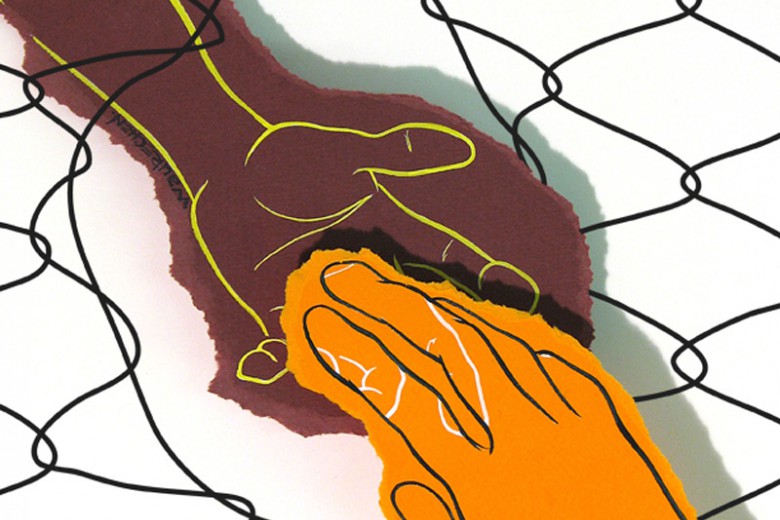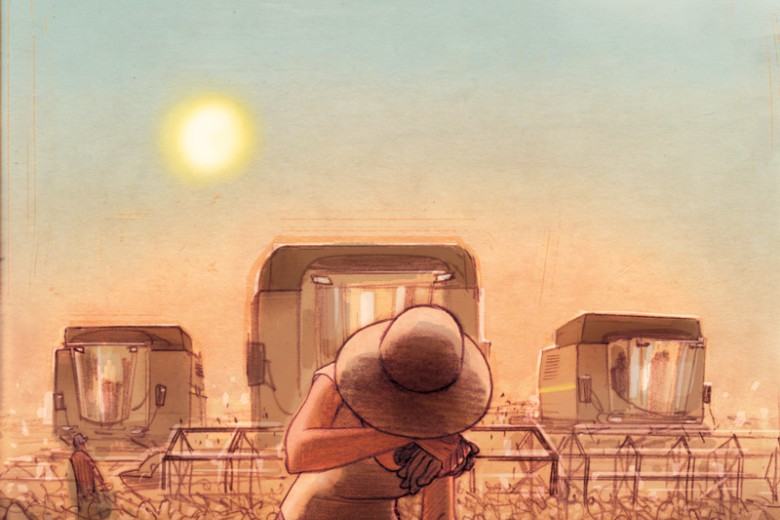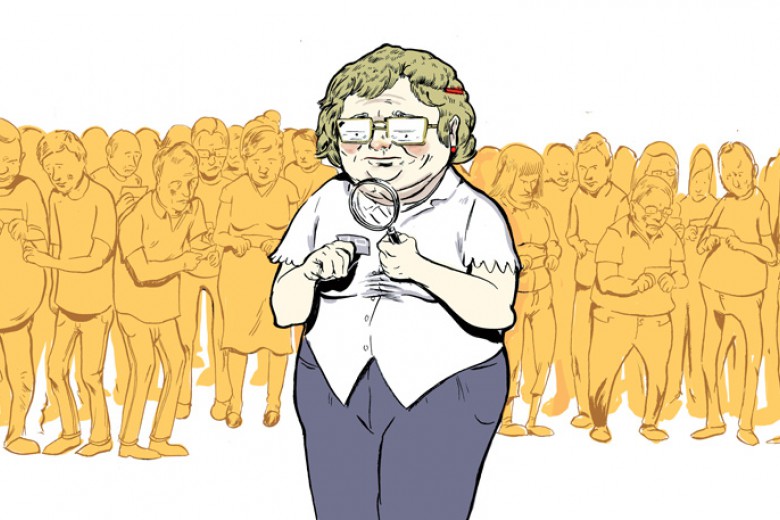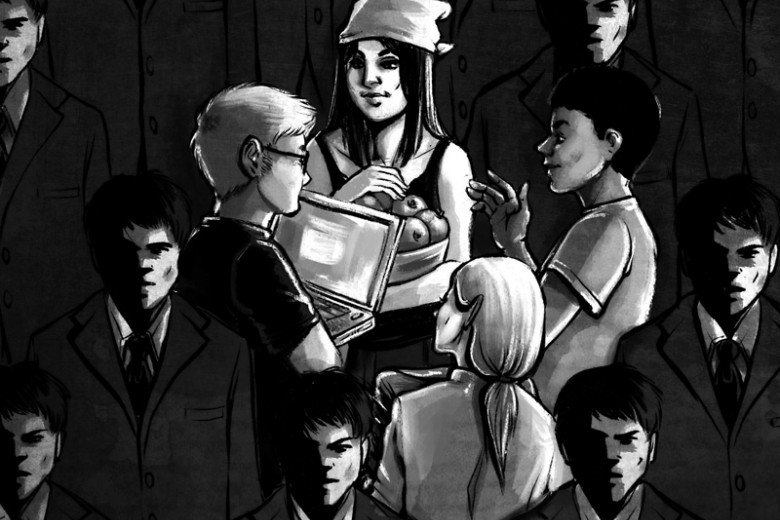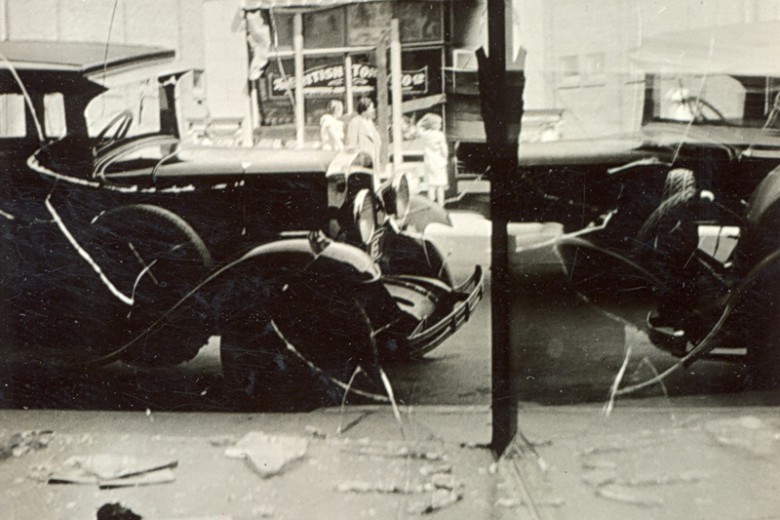
November/December 2010
The neoliberal workforce
Neoliberalism has reshaped the nature of work. The standard of full-time, life-long employment has been replaced by work that is increasingly temporary, part-time and precarious. Though workers are divided and isolated as never before, sites of grassroots collective action offer ample inspiration to working class people worldwide.


